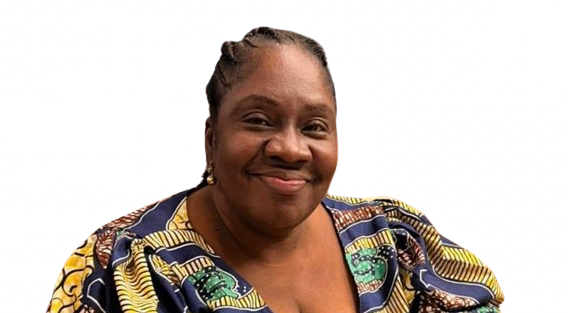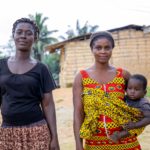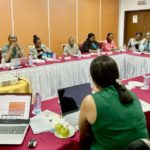Inclusive development is fundamental to achieving rights-based, equitable growth that would make the world a better place for everyone. That is why urgent attention must be directed at every area where women and any other vulnerable demographic or social group lacks access to critical services and resources; and does not have a say in how they are treated. In pursuit of universal healthcare, we must intentionally identify and address any gaps in access to essential services and resources that females of all ages, groups and locations face; as well as constraints arising from social, cultural, economic and institutional circumstances. Their differential circumstances must be taken into account in developing, funding, implementing and evaluating health-related policies, legislative instruments, programmes, services, training and research. Women and girls must also be supported by all of us to claim their rights to be heard, served, consulted and involved in health programmes intended to benefit them and their families.
“Inspire Inclusion” which is the theme for the 2024 International Women’s Day (IWD) enjoins us to campaign for women’s full inclusion in all aspects of development, including health. Our activities must demonstrate the importance of responsiveness in health services and infrastructure to women’s needs. We must push for women’s full involvement in health-related decisions for optimal outcomes for them and their families. But we must approach the campaign to promote women’s inclusion from an intersectional perspective, taking into account the fact that multiple issues that could potentially combine to constrain women’s access and participation, including age, physical conditions, mobility and intellectual challenges, education, poverty, location, religion, ethnicity, cultural issues and migration status.
Dr. Esther Ofei-Aboagye, Advisory Board Chairperson, ARHR



